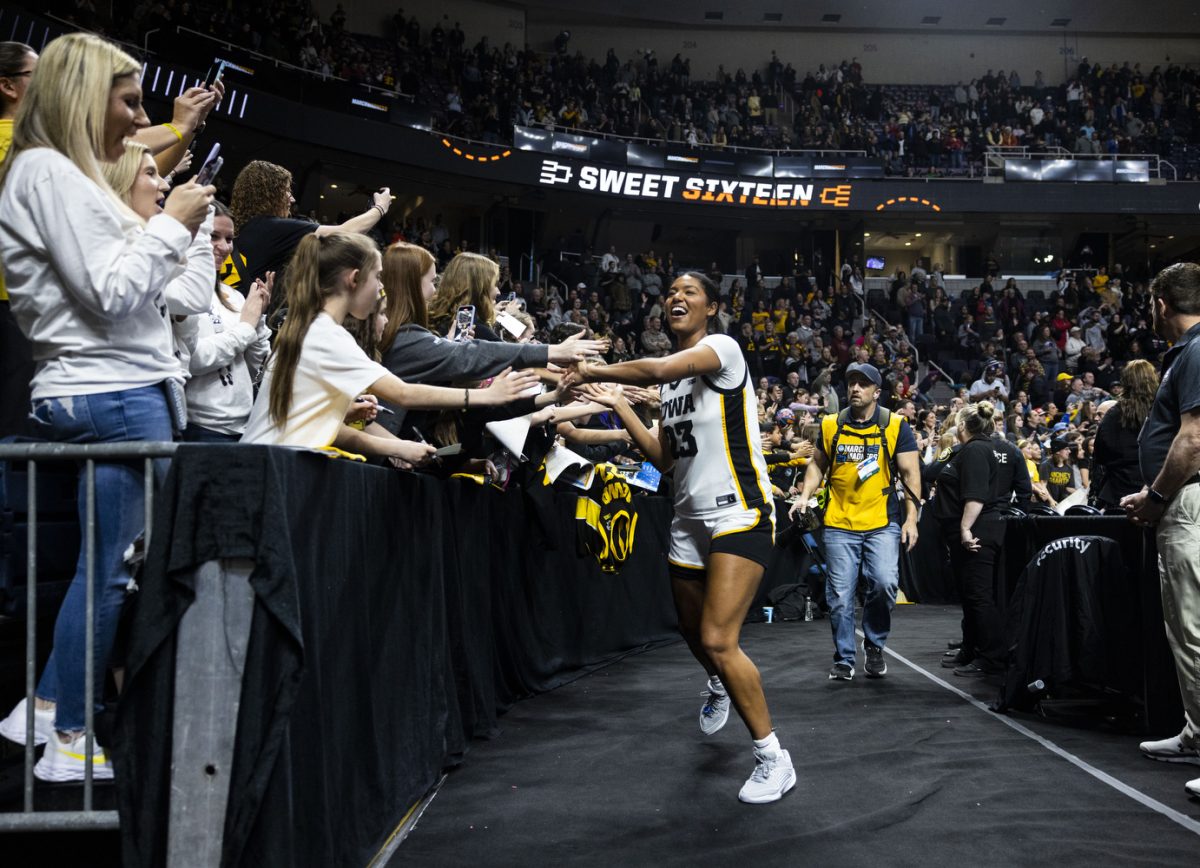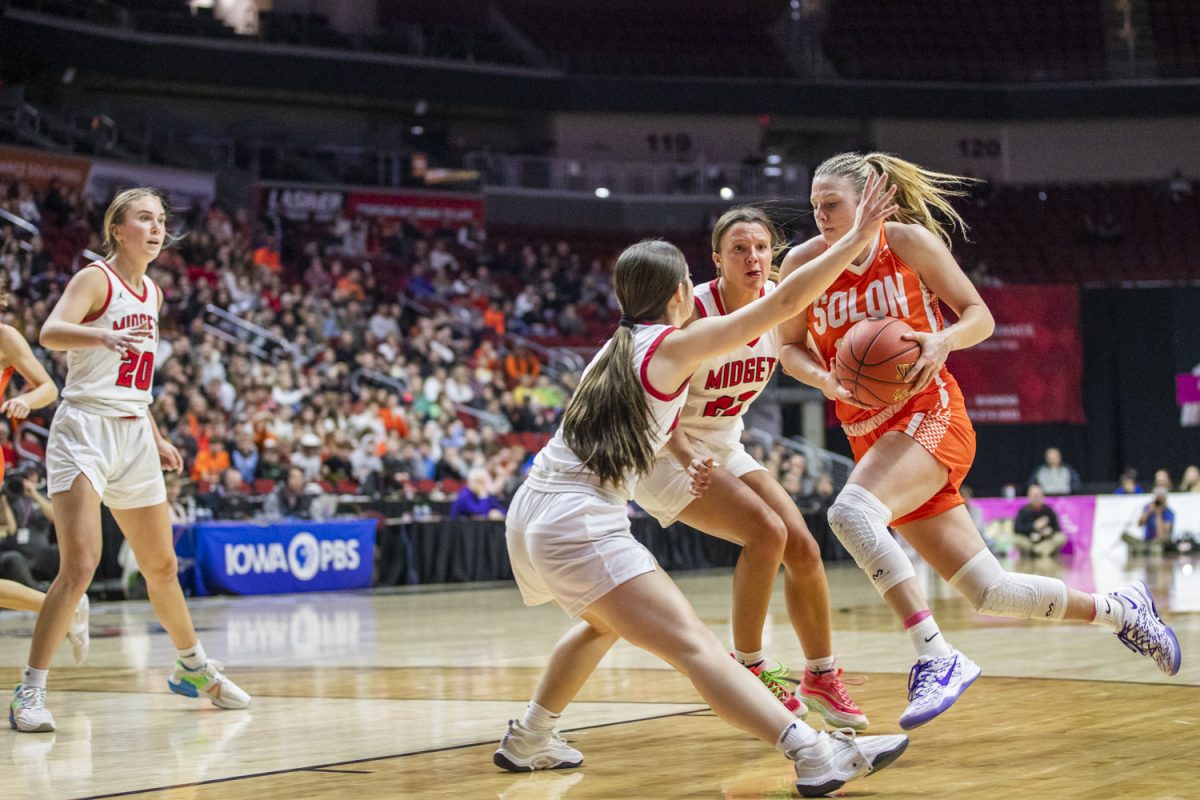A small tab on Iowa’s intramural sports website is giving athletes the option to get a full refund of their entrance fees.
In an attempt to lower binge-drinking rates among intramural athletes, the University of Iowa implemented a survey, called e-CHUG, last year. Those who took the survey earned $10.
This year, the program expanded to include athletes who participate in flag football, soccer, volleyball, basketball, or softball. If 75 percent of a team’s members take the anonymous, 10-minute survey, the squad will qualify for a total refund of its entrance fee.
Only six athletes took the survey last year. But in the first week of offering the full entrance fee refund, 55 athletes have taken the survey.
Figures given to The Daily Iowan by Stephanie Beecher of Student Health Services say 64.5 percent of Iowa students can be considered binge drinkers, but 76.8 percent of intramural athletes fit the criteria.
Eric Cohen, a graduate assistant in Recreational Services, said those statistics should be taken with a grain of salt, though.
“There are about 1,400 flag-football athletes alone,” he said. “I guarantee not everyone was surveyed by the study. We don’t know the actual number of people surveyed, [and] intramural sports have been an alternative to binge drinking and going out to bars.”
Beecher said e-CHUG is part of a three-year plan by the UI to lower binge-drinking rates among students. Because binge-drinking rates may be high in intramural athletics, the e-CHUG survey is being used as a way to give students information about making informed decisions about drinking in a new way.
“The e-CHUG survey is not in conjunction with the AlcoholEdu that incoming freshmen take,” Beecher said. “This survey is less educational and more personal. Everything is personalized, and most of the things are optional. It gives totally custom feedback based on each individual’s responses, and shows each person how he or she needs to change if he or she wants.”
E-CHUG national director Doug Van Sickle of San Diego State said the results of previous studies on student behavior was a major reason the San Diego State Research Foundation created the program.
“Studies have shown that just giving students facts won’t change behavior,” he said. “The e-CHUG survey has been found to be better at promoting behavior change. It’s not a course. It’s very easy and open. I like to compare it to checking your blood pressure.”
Van Sickle said the e-CHUG assessment is simplified, personalized, and gets right to the point.
Instead of giving generic facts and figures about the dangers of alcohol, the survey mainly shows information based specifically on a subject’s answers. The survey shows charts with scores based on risk factors such as the likelihood of addiction based on family traits, personal habits, or spending habits. The survey also gives how many calories people consume in their drinking habits with the equivalent in fast-food cheeseburgers and how much money a person spends on alcohol in comparison to how much he or she pays for a phone bill.
Beecher and Van Sickle both pointed out that the survey isn’t just for students who have problems with drinking, but for everyone — from non-drinkers to binge drinkers.
“The survey is useful for everyone,” Van Sickle said. “If people don’t drink, they will receive information supporting their choice not to drink. People can also take the survey to get information to help a friend who drinks. Unlike other surveys, e-CHUG doesn’t create an increase in resistance.”
Cohen points out that even with e-CHUG, the high binge-drinking rates won’t go down overnight.






